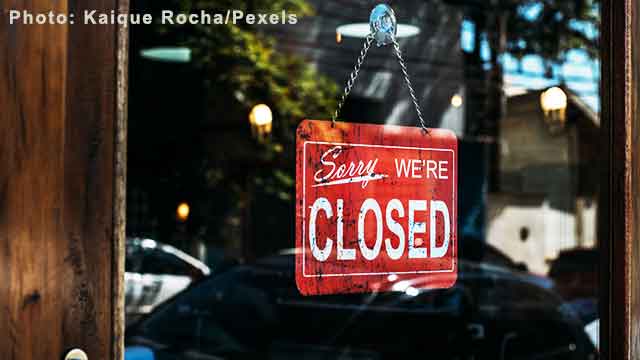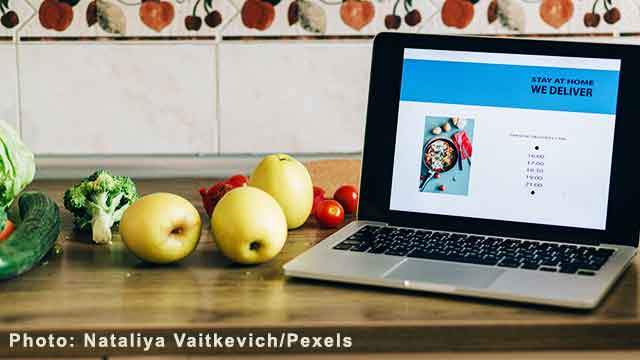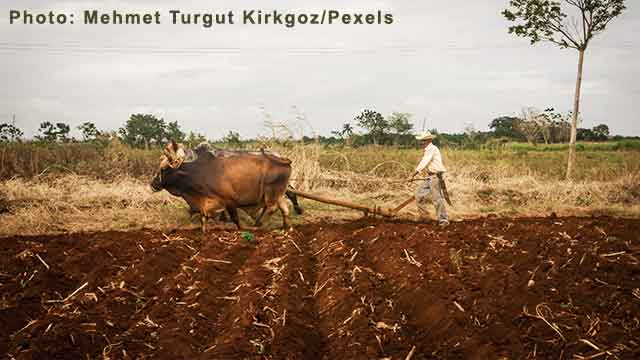The COVID-19 pandemic has disrupted nearly every aspect of our lives, and food sustainability is no exception. As the world grappled with lockdowns, supply chain disruptions, and economic challenges, our relationship with food underwent significant changes. The COVID-19 pandemic has not only exposed the vulnerabilities of our food systems but has also provided a unique opportunity for positive change. As we enter a post-COVID world, it is imperative that we prioritize food sustainability. This includes building resilient supply chains, reducing food waste, supporting sustainable agriculture, and ensuring equitable access to nutritious food. By seizing these opportunities, we can create a more sustainable, equitable, and resilient food system that benefits both people and the planet.
The Pandemic’s Impact on Food Systems
The COVID-19 pandemic has had a profound impact on food systems worldwide. Here are ten reasons why the pandemic has significantly affected the way we produce, distribute, and consume food:
Supply Chain Disruptions: The pandemic led to supply chain disruptions, affecting the production, transportation, and distribution of food. Lockdowns and restrictions on movement disrupted the flow of goods, leading to shortages in some areas and surpluses in others.
Labor Shortages: Many agricultural and food processing workers fell ill or faced restrictions, leading to labor shortages. This impacted food production, harvesting, and processing.
Restaurant Closures: The closure of restaurants, cafes, and foodservice establishments led to a shift in demand from bulk foodservice packaging to consumer packaging, affecting supply chains and distribution.

Food Waste: With supply chain disruptions and shifting consumer behavior, significant amounts of food went to waste. Farmers were forced to discard crops, and businesses disposed of perishable goods.
Increased Home Cooking: As people stayed home more during lockdowns, there was a surge in home cooking. This altered demand for certain food products, such as baking ingredients and convenience foods.

Food Insecurity: The economic impact of the pandemic left many individuals and families struggling with food insecurity. This highlighted the need for more resilient and equitable food systems.
Shift in Consumer Preferences: The pandemic influenced consumer preferences, with many people becoming more health-conscious and interested in locally sourced and sustainable foods.
Online Grocery Shopping: Online grocery shopping and delivery services experienced significant growth during the pandemic, transforming the way people access food and impacting traditional retail channels.

Focus on Food Safety: Concerns about food safety and hygiene practices in food processing and handling became more prominent, leading to increased scrutiny and the implementation of new safety measures.
Long-Term Implications: The pandemic has raised questions about the long-term resilience of our food systems and the need for greater investment in sustainability, including sustainable agriculture practices and more robust supply chains.
Sustainable Eating in a Post-COVID World
People learned ten important lessons on sustainable eating in a post-COVID world:
Local and Seasonal Choices: The pandemic highlighted the importance of supporting local farmers and choosing seasonal foods. Buying local reduces carbon emissions associated with long-distance transportation and supports regional economies.
Reducing Food Waste: The increase in food waste during the pandemic underscored the need to minimize wastage. Sustainable eating means planning meals, proper food storage, and creative use of leftovers to reduce waste.
Embracing Plant-Based Diets: The pandemic has encouraged a shift towards plant-based diets. Reducing meat consumption and incorporating more plant-based foods into our diets can have positive health and environmental impacts.
Mindful Consumption: COVID-19 has made us more aware of the value of food. Sustainable eating involves being mindful of portion sizes, avoiding overconsumption, and savoring the flavors of each meal.
Supporting Sustainable Agriculture: Consumers are increasingly seeking out products from farms and producers that prioritize sustainable and regenerative farming practices. Supporting these initiatives helps drive positive change in the food industry.

Health and Well-being: The pandemic emphasized the link between diet and health. A focus on nutritious, whole foods is essential for personal well-being and contributes to a more sustainable food system.
Reducing Single-Use Plastics: The pandemic led to an increase in single-use plastics. Sustainable eating involves minimizing plastic use, opting for reusable items, and supporting businesses that use eco-friendly packaging.

Food Security Initiatives: The pandemic exposed vulnerabilities in food security. Sustainable eating involves advocating for policies and initiatives that ensure everyone has access to nutritious food, addressing food inequality and insecurity.
Community Engagement: COVID-19 highlighted the importance of community engagement in ensuring food access for vulnerable populations. Sustainable eating practices often involve supporting local food banks and community initiatives.
Education and Awareness: Raising awareness about sustainable eating practices is key. Education empowers consumers to make informed choices, understand food labels, and appreciate the broader implications of their food choices on the environment and society.
FAQ’s
-
Why should I choose local and seasonal foods in a post-COVID world?
Opting for local and seasonal foods reduces carbon emissions from transportation, supports local farmers, and ensures fresher, tastier produce.
-
How can I reduce food waste as part of sustainable eating?
Plan meals, store food properly, and get creative with leftovers to minimize food waste and contribute to a more sustainable food system.
-
Why are plant-based diets considered more sustainable?
Plant-based diets generally have a lower carbon footprint and reduce the environmental impact associated with meat production, making them a sustainable choice.
-
How can I support sustainable agriculture with my food choices?
Look for certifications like USDA Organic or Fair Trade and choose products from farms and producers committed to sustainable and regenerative farming practices.
-
What can I do to reduce single-use plastics while practicing sustainable eating?
Minimize plastic use by opting for reusable items like bags and containers, and support businesses that use eco-friendly packaging materials.
